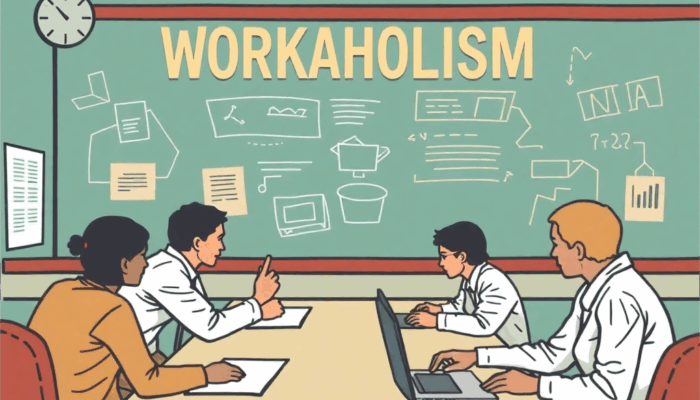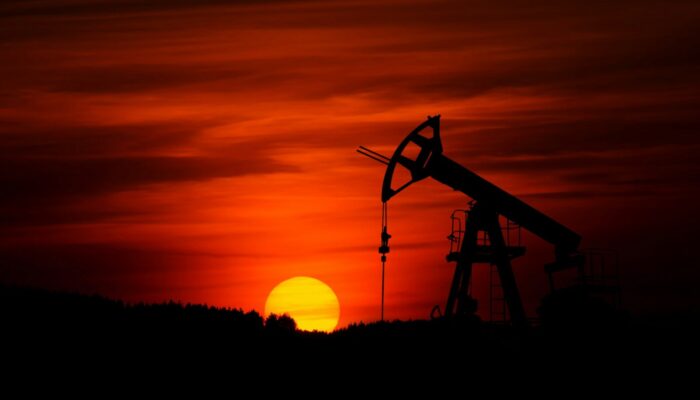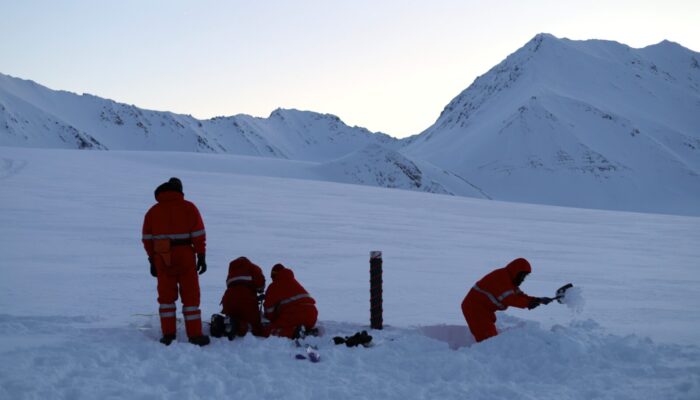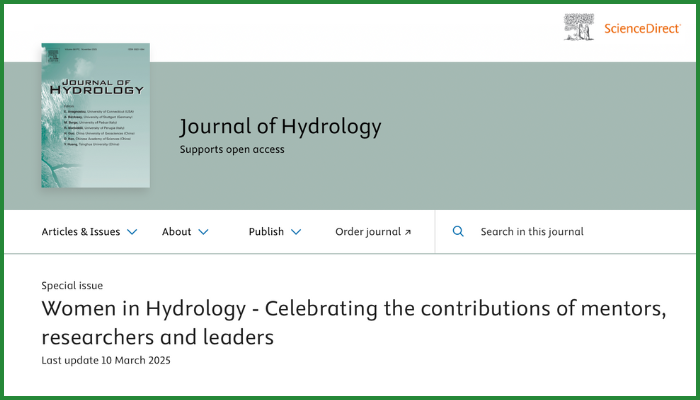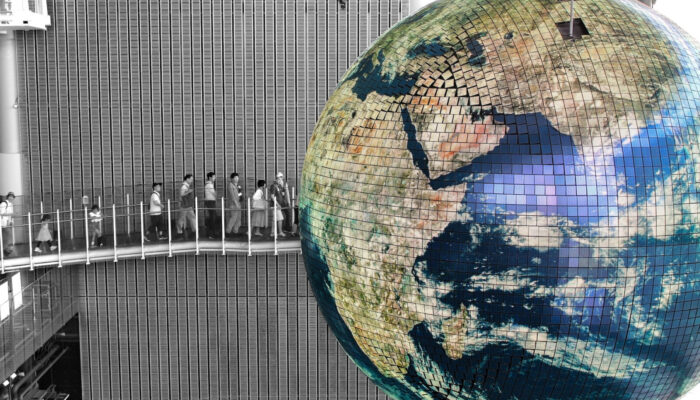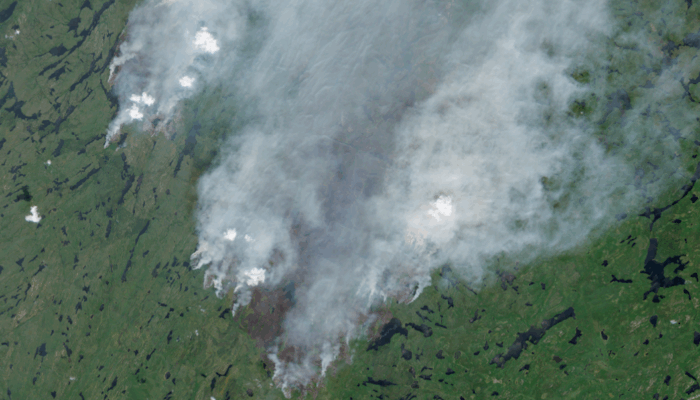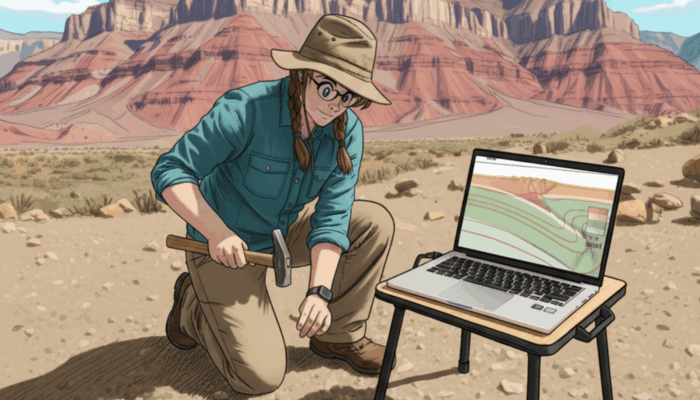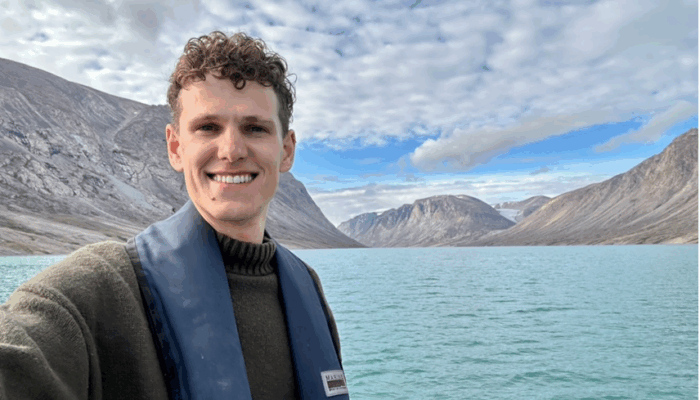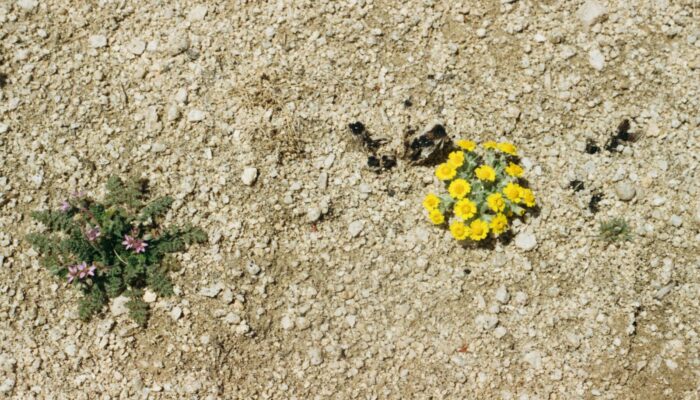Years have passed since I started my academic career, and I have come to realise that, in academia, excellence appears to come with a price tag. Stress and pressure have become commonplace for academics, often normalising certain behaviours such as workaholism. This essay explores how workaholism have become a common practice in these working environments. It was late, the library lights were blin ...[Read More]
If you didn't find what you was looking for try searching again.
GeoLog
Navigating the tides of change: A strategic foresight into a post-petroleum future by 2040
Today, as we mark the anniversary of the Organization of the Petroleum Exporting Countries (OPEC), founded in Baghdad on September 14, 1960, by five oil-producing nations: Saudi Arabia, Iran, Iraq, Kuwait, and Venezuela, and with the European Union setting ambitious climate targets for 2040 , the global energy landscape stands at a critical juncture. A century profoundly shaped by fossil fuels is ...[Read More]
Cryospheric Sciences
Cryo Adventures – Discovering the beauty of polar winter
Only one month after starting my PhD, I found myself in a tiny plane flying over one of the most beautiful and breathtaking landscapes I’ve ever seen. I was on the way to the northernmost settlement in the world – the research village Ny-Ålesund. What I expected from the trip: cold temperatures, darkness, and lots of snow. What I found instead: stunning views, magical colors, friendly people, and ...[Read More]
Hydrological Sciences
Women in Hydrology – The Story of a Special Issue
It was 2021, and we were not feeling good. COVID-19 was in full force. Personally we were experiencing lockdown conditions, disruptions to our work, schooling and childcare arrangements. Our social media feeds were lighting up with stories about how women scientists were disproportionately exposed to the negative career impacts of the pandemic. The US was reeling from the aftermath of George F ...[Read More]
GeoLog
Earth Science Week: What can you do to celebrate energy resources for our future?
As the air grows crisp and autumn’s colors begin to emerge in many parts of the Northern Hemisphere, I’m reminded that we’re approaching a special time of year for those of us who love the Earth. It’s Earth Science Week (12-18 October 2025), and this year, the theme Energy Resources for Our Future feels incredibly personal. Our lives are powered by energy, and this week is a chance to look a littl ...[Read More]
Biogeosciences
On fire and ice – the state of wildfires in the boreal zone
On the second episode of the EGU Biogeosciences Division’s podcast series, Bikem Ekberzade interviews Sander Veraverbeke on the current patterns of wildfires in the boreal zone (as well as Europe, this year) and the effects of climate change and human interference in their severity and return period. You can listen to the podcast here: Of fire and ice – the state of wildfires in the bo ...[Read More]
Geodynamics
From Rocks to Models: Reconciling Field Geology with Geodynamic Simulations
When reading a scientific paper or a text explaining the physical workings of the Earth, one of the most striking aspects is the methodological approach—sometimes involving numerical models, other times fieldwork and/or rock geochemistry. This diversity of approaches can initially cause some discomfort, a feeling that things are like square pegs in round holes. How can a computer model dialogue wi ...[Read More]
Ocean Sciences
Where Freshwater Meets the Fjord: Researching Carbon in a Changing Arctic
We sat down with Henry Henson, a PhD student at Aarhus University, whose path led from an early love of nature to studying the frontlines of climate change in the Arctic. Henry works with both Aarhus University’s Arctic Research Centre and the Greenland Climate Research Centre in Nuuk, exploring how Greenland’s coastal oceans absorb CO2 and how a warming, freshening Arctic is transforming these fr ...[Read More]
GeoLog
Is the climate crisis also a literacy crisis? Time to move from data dumping to co-creating knowledge with communities
Today, September 8th, marks International Literacy Day with the theme “Promoting literacy in the digital era”, so it’s a moment to pause and consider the multifaceted nature of literacy. Beyond the foundational ability to read and write, literacy encompasses the capacity to comprehend, evaluate, and apply information within various contexts. It is this broader understanding of literacy ...[Read More]
GeoLog
The existential modelling crisis – and how to overcome it
Recently, we had a big name in fire ecology visiting our institute. He had come, among other things, to look for records of a certain fire-adapted shrub in my university’s herbarium. While myself and a colleague helped him go through the stacks of pressed and archived specimens, I asked him why there were so little contributions to the herbarium in recent years. His response was: “People sto ...[Read More]

